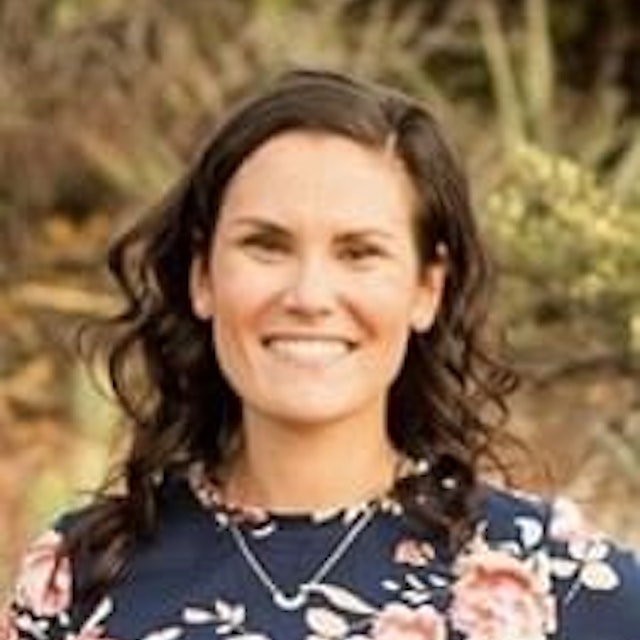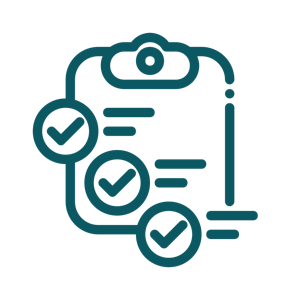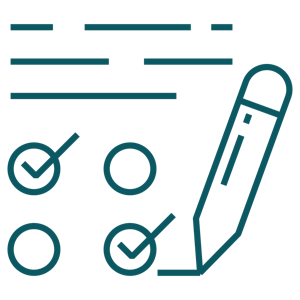Mapping out all program deadlines and criteria before the application process will be critical to navigating this process. While applying to several schools and programs may seem advantageous, being very selective and narrowing this down will make the process more manageable. Consider the setting where you learn best whether it’s in person, online, or both, as many schools offer both options. Narrow down the concentration and area of study (community health, global health, health equity, epidemiology, etc.) you are most interested in. Review the program requirements, and determine what standardized testing is needed for the program1.
If the GRE is a requirement, schedule that as early in the application process as possible. This way the option of taking it multiple times will be available. While submitting GRE scores is not required for some programs, you may submit scores to strengthen your application3. Ultimately, that decision would be up to you and based on various facets of your specific application.
A roadmap and timeline of the application process has been outlined below where we work backwards from the application deadline. Again, each school can have different program and application requirements, so planning and clearly understanding the demands of each application is vital to being successful. More time is allotted in the below timeline, so you are efficiently working through the process and not procrastinating until the end.




